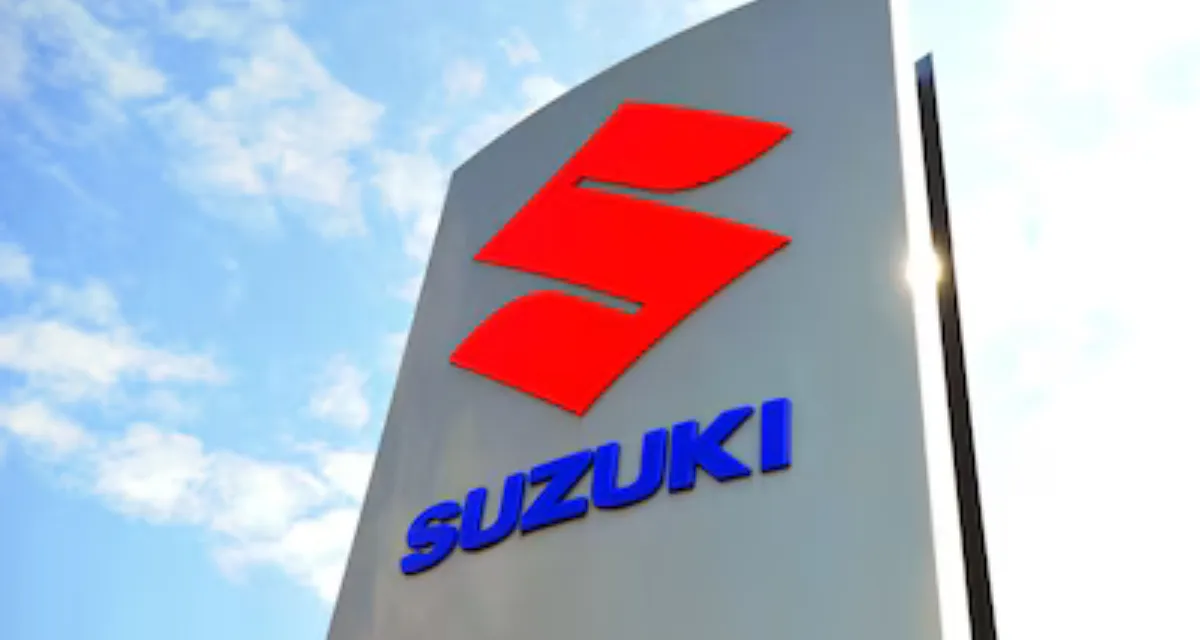

India’s car market is expected to reach 20 million units by 2047. Significant growth is driven by battery electric vehicles, according to Suzuki Motor Corp. Executive Vice President Kenichi Ayukawa. Maruti Suzuki India Ltd. Suzuki’s subsidiary aims to capture 50% market share by 2030. This is up from around 40% in the fiscal year ending March.
Ayukawa highlighted the potential of India’s expanding middle class and its emergence as an economic powerhouse. Suzuki has been operating in India since 1983. The company continues to lead the market with popular models such as the Swift and Brezza. To maintain its lead Suzuki plans to introduce its first electric vehicle in India. It will also debut in Europe next year. This follows its initial showcase at the upcoming auto expo in India in January. "We’ll develop products. We will invest and expand our network," Ayukawa stated.
In the fiscal year ending March 4.2 million passenger vehicles were sold in India. To compare, the US sold 3.1 million passenger cars. Europe sold 15 million. China the world's largest automobile market, sold 26 million.
Suzuki’s upcoming eVX is a premium electric vehicle. The company plans to launch more affordable and compact models. These vehicles will have lighter batteries. Suzuki targets 15% of its sales in India to be EVs by 2030.
“India faces environmental issues. I think EVs will grow to an extent” Ayukawa said. Despite increasing car prices, “India remains a price-conscious market.”
Ayukawa noted the growing interest in crossovers. He also mentioned sport-utility vehicles. These are areas where Tata Motors Ltd and Mahindra have strong competition. Tata Motors India’s third-largest carmaker, leads with fully-electric variants of its Tiago and Nexon models. It expects its EV business to become profitable by early 2026.
Suzuki will focus on models for daily needs. This will necessitate the development of new battery types. The company may begin domestic production of battery cells in the next 5 to 10 years. Suzuki will collaborate with Toyota Motor Corp. They will concentrate on smaller cars. Toyota will focus on larger models. Toyota’s EV technology will help Suzuki’s product development. “We will learn basic know-how from Toyota. Then we will gradually make it our own” Ayukawa said.
Suzuki sees potential in compressed natural gas (CNG) vehicles which are cheaper than gasoline in India. Maruti Suzuki sold 483,000 CNG cars in the latest fiscal period. This marks a 47% increase from the previous year. Suzuki also plans to operate four plants that convert methane from cow manure into fuel for CNG cars. However, challenges like monetizing organic fertilizer remain.
Suzuki is poised to capitalize on India’s growing automobile market. There are plans to expand its EV offerings. It will also invest in new technologies. Collaboration with industry leaders is key. With strategic initiatives and a focus on affordability, Suzuki aims to maintain its leadership and meet the evolving demands of Indian consumers.
Also Read: